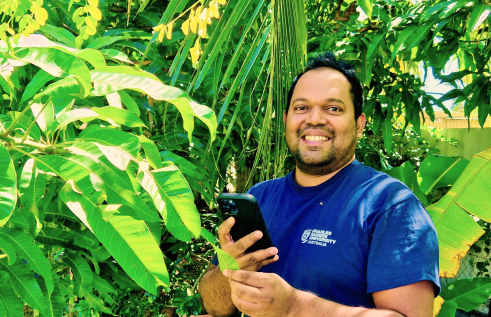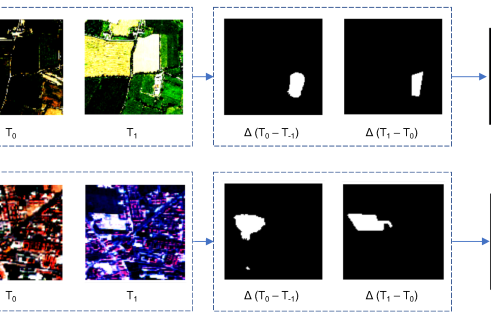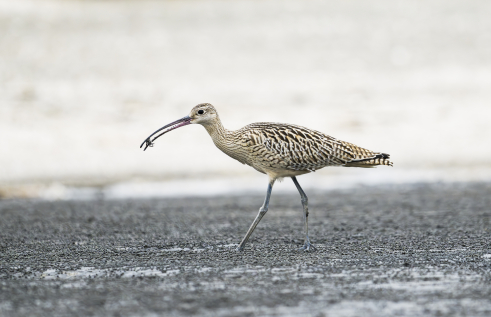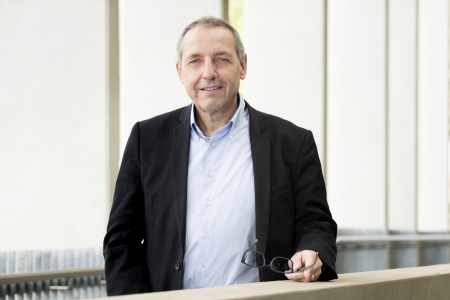News article
Lecture to explore vexed PFAS question
An engineer and scientist with a distinguished career in research will examine the issues raised for petrochemical and aviation firefighting following the introduction of fluorine-free foams, when he delivers the final Charles Darwin University Professorial Lecture for 2019.
The Deputy Vice-Chancellor and Vice President Research and Innovation, Professor Bogdan Dlugogorski, will discuss “PFAS and Fluorine-Free Firefighting Foams: Performance vs Environment and Health”.
Professor Dlugogorski said the firefighting foam industry was in turmoil.
“On one hand, PFAS foams do not biodegrade and persist in the environment, a situation that poses unacceptable risk to large parts of the community and several environmental NGOs.
“On the other hand, while fluorine-free foams satisfy a range of international standards, they do not pass the US military specification, which makes them unacceptable for defence use.
“For civilian purposes, fluorine-free foams require higher application rates and demand careful redesigning of the suppression systems.
“So where does this leave us? Do we want the millions of plane passengers each day and petrochemical plants protected by the most environmentally friendly firefighting option or the most effective at suppressing fire,” he said.
Professor Dlugogorski is internationally recognised for his contribution in the field of industrial fire safety and environment protection, especially to fire mitigation and fire chemistry.
He holds a DSc in Fire Science and Engineering and a PhD in Chemical Engineering and has expertise in process safety, fire and explosion safety, metallurgy and environment protection.
The lecture will be held on Tuesday 29 October from 5pm to 7pm (lecture starts at 6pm) in the Charles Darwin Theatre, building Orange 3, Casuarina campus. This event is free and open to the public. RSVP to E: cduevents@cdu.edu.au or T: 8946 6554.
Related Articles

Rooting out plant diseases: Are computers ready to run our farms?
Nature is still too complex for artificial intelligence (AI) modelling to be effective, but the tipping point is close, according to a new study that found the technology may still trip at the last real-world hurdle.
Read more about Rooting out plant diseases: Are computers ready to run our farms?
Tech on the treetops: How AI can protect forests
The Artificial Intelligence model was developed to detect changes in forest cover.
Read more about Tech on the treetops: How AI can protect forests
Volunteers protected Darwin wildlife for 50+ years, but new research suggests it’s time to stop winging conservation efforts
Volunteers have shouldered the burden of shorebird conservation in the Top End for more than half a century, but new research from Charles Darwin University (CDU) suggests it’s time for the government to take responsibility for all of the Northern Territory’s residents – including those with wings.
Read more about Volunteers protected Darwin wildlife for 50+ years, but new research suggests it’s time to stop winging conservation efforts
